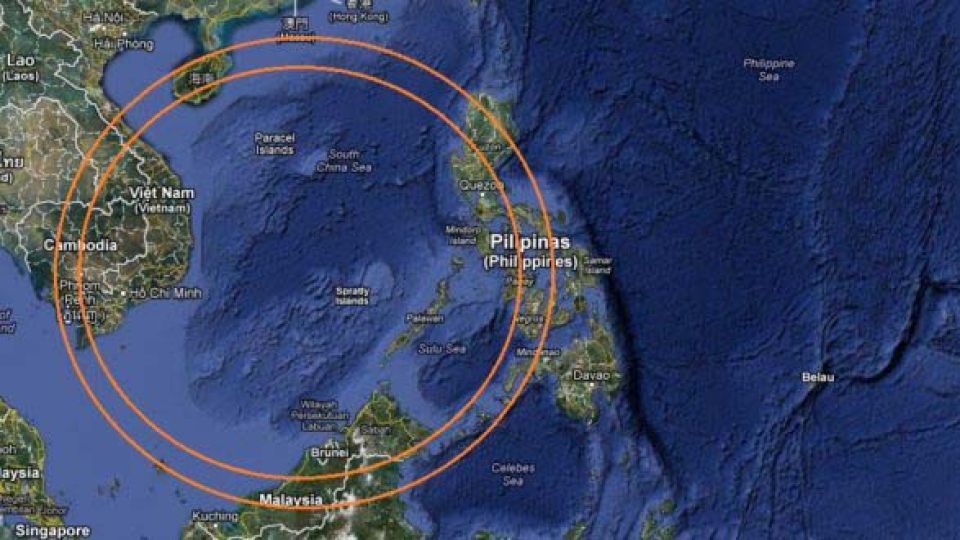April 16, 2024
JAKARTA – ASEAN is grossly absent in the rapidly changing geopolitical landscape of the South China Sea (SCS).
Even as member state the Philippines locks horns with global giant China in a territorial dispute in the Scarborough Shoal, the bloc and other ASEAN states have largely kept their silence. So much for ASEAN solidarity.
This raises questions about the ongoing ASEAN Community Vision 2025, particularly regarding its pillar of political security, in which members pledge to work together to uphold peace and security in the region. Without this third pillar, the other two being economic and sociocultural, the vision will surely shatter.
Both Manila and Beijing are upping their ante in the maritime boundary dispute. Manila is increasingly turning to the United States, with which it has a treaty of alliance, along with Japan and Australia. Last week, the four countries held joint naval and aerial drills in the disputed sea. China, for its part, conducted combat patrols in the area the same week.
Going by the rhetorical statements and actions from Beijing and Washington, both sides are beating the drums of war and have chosen the Philippines as the theater for staging their superpower rivalry. This is simply too close for comfort for ASEAN to maintain its silence and indifference.
US President Joe Biden hosted a summit in Washington last week with Japanese and Philippine leaders in a clear display to Beijing that the US will stand by its allies in the Indo-Pacific.
“Any attack on Philippine aircraft, vessels or armed forces in the South China Sea would invoke our mutual defense treaty,” Biden said, after stressing that Washington’s support for both Japan and the Philippines was “ironclad”.
Japan has a similar dispute with China in the East China Sea, but the tension there has not escalated to the same level as in the south.
ASEAN’s silence in all this is deafening, and undermines its community vision. The regional bloc has already failed one security and political test by its inability to resolve the Myanmar civil war, now in its fourth year. However, it at least made an attempt to mediate the conflict between the military junta and civilian rebel forces.
When it comes to the maritime dispute between China and the Philippines, ASEAN is too powerless, if not hopeless, to even make the effort.
Understandably, ASEAN cannot be expected to reach a consensus of stance on this one, since each member has its own national interests to pursue in the evolving geopolitical landscape that is increasingly being dictated by China and the US. Some ASEAN states are already aligning with one or the other, while the others are struggling to remain nonaligned.
The Philippines is not the only ASEAN state that has a territorial dispute with China in the South China Sea, so Vietnam, Malaysia, Brunei and Indonesia must be watching both closely and anxiously as to how Manila and Beijing are handling their row.
While we may have given up on the idea of ASEAN taking any initiatives toward peace in the disputed sea, especially under its current chair Laos, the world still expects Indonesia to do something, with or without ASEAN.
Not only is Indonesia the largest country in Southeast Asia, it also has recognition as a rising middle power in its own right as the fourth most populous nation, the world’s third largest democracy and an important global economic player. These accolades do not come without with some global expectations and responsibilities.
As one of the few remaining ASEAN states that have been able to remain nonaligned in the US-China rivalry, Indonesia should have enough credentials to take up a mediating role, if not in the China-Philippines dispute, then in the wider tensions between the two superpowers.
Foreign Minister Retno LP Marsudi said in 2021 that “to do nothing is not an option” as Indonesia embarked on active diplomacy to help resolve the Myanmar conflict. We should apply this same principle to the ongoing conflict in the South China Sea.


